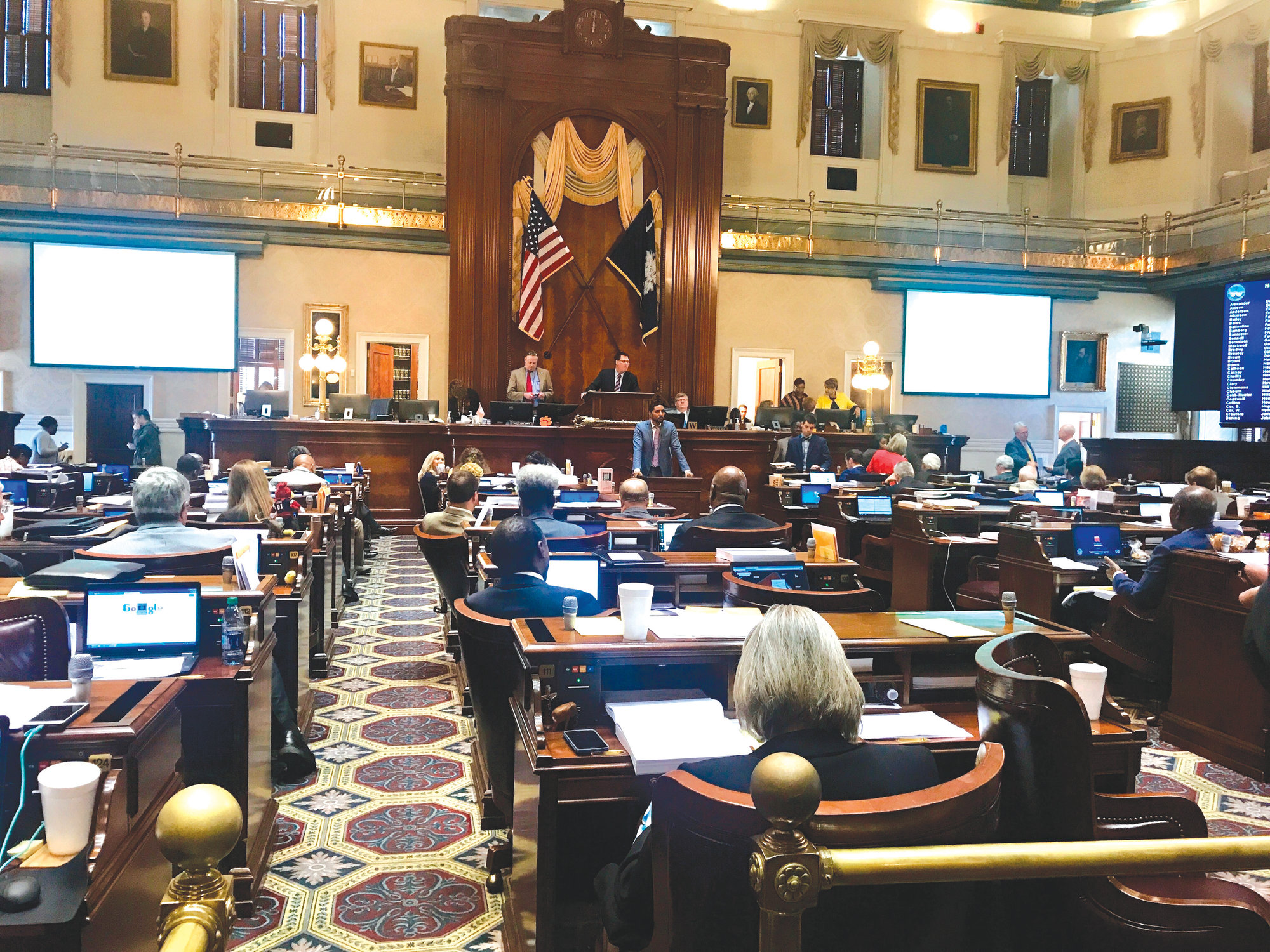Bill aims to help people with disabilities in traffic stops
COLUMBIA (AP) - A South Carolina lawmaker has introduced legislation that would allow people with disabilities or their caregivers to apply for a special vehicle registration that would note their condition and alert law enforcement during a traffic stop.
The proposal filed last week in the South Carolina House would allow individuals with a disability, neurological disorder, brain injury, neuro-immune condition or mental illness to register up to three vehicles with the Department of Motor Vehicles.
The optional registration would notify officers checking the license plate that the driver or occupant of the vehicle has impaired cognitive functioning. The alert would not specify the diagnosis.
Anyone seeking the special registration would have to provide proof from a physician certifying the conditions, bill author Rep. Kambrell Garvin said.
The Columbia Democrat said he wants to create a fair system that protects law enforcement officers and state residents.
"There are so many people that have disabilities that aren't visible to the naked eye," Garvin said. "It's just trying to make the lives better for all citizens of South Carolina, so whether you're black or white, rich or poor, you can benefit from this legislation."
The proposal also would require the South Carolina Criminal Justice Academy, which trains and certifies all the police officers across the state, to offer courses on how to handle people with cognitive disabilities.
The academy currently provides one 4 -hour class on mental illness, though the subject matter may be discussed in other training courses, Criminal Justice Academy Maj. Florence McCants said.
"As the classes are taught, the subject is taught and discussed several more times," McCants said in a statement to The Associated Press.
The bipartisan legislation has 19 co-sponsors and was referred to the House Education and Public Works Committee. Although the proposal will likely not pass this year, Garvin said he's optimistic it will pass in 2020.
"I think the bill is good for everybody across the board. I hope it passes. When it passes, it'll be a victory for all people of South Carolina," the freshman lawmaker said.
More Articles to Read

